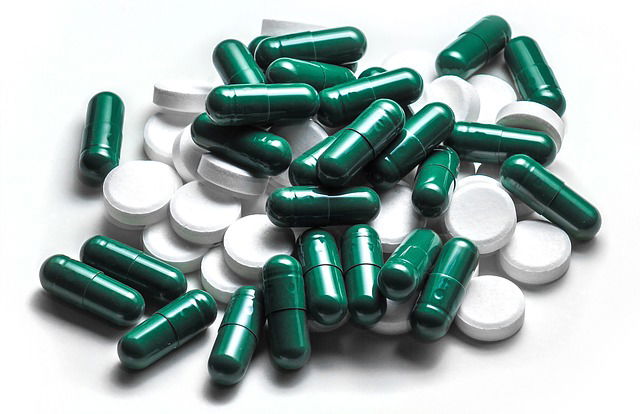
3 big myths about opioid addiction everyone should know
Drug overdose has become one of the leading cause of death in the US.
Between 2015 and 2016, the deaths from drug overdose went from 33,095 to 59,000.
Scientists expect that the number will continue unabated for the next several years.
To save people’s lives from drug abuse, medical treatment is very important. However, there are some big myths that mislead people and prevent people from getting helpful treatment.
Myth #1: Opioid addiction is just a psychological disorder, and people who are dependent simply need better willpower.
It is easy to think that opioid addiction is just a psychology thing. But in fact, it is far more complicated.
People who are prescribed opioid medications for pain for a long period may develop tolerance. This means they need a higher dose to get pain relief.
They may also experience withdrawal symptoms when they stop taking the medication.
The above two situations are not considered cases of opioid addiction.
Opioid addiction, or technically “opioid use disorder,” is defined as loss of control over use of opioids.
It means that the person continues to use opioids despite bad results or the person is unable to stop using opioids despite wanting to.
This person may also have a preoccupation with using opioids, obtaining opioids or craving for opioids.
People who use opioids for a long-time in an addictive way can alter their brain functions.
It causes chronic and lasting changes in the brain reward system, and the person may feel less motivation and get less pleasure from other, naturally occurring rewards.
Eventually, opioids become the primary reward and the primary focus of the person’s life, and they need more of it to activate the reward system.
Myth #2: The best way to combat an opioid addiction is without any medication.
For some people with alcoholism, it is effective to treat the disorder without medication.
But for opioid addiction, this may not work well. Many people in abstinence only programs for opioid abuse will relapse soon.
Recent studies show that medication-based treatments are the most effective.
Researchers suggest that opioid use disorder is a medical condition just like depression, diabetes or hypertension.
And just like those conditions, it is most effectively treated with a combination of medication and counseling.
There are two common medications used to treat opioid use disorder: methadone and buprenorphine.
These medications help address patients’ withdrawal symptoms and block the reward or the “high” that people get from using opioids.
Myth #3: It’s ok if we call people with opioid use disorder “addicts,” “users,” or “junkies.”
Although it is easy to call those with opioid use disorder “addicts” or “junkies”, the terms are negative and contribute to stigma against people who need help.
This can ultimately contribute to opioid overdose.
Researchers suggest that people should focus on measurable changes to health for people with opioid use disorders. For example, referring these people as having “substance use disorder” is better.
What to call these people is key to getting them into treatment and stemming the opioid crisis.
A person is not defined by their disease. Doctors, media, and lay-people should remember this when thinking about the opioid crisis.
Copyright © 2018 Knowridge Science Report. All rights reserved.



